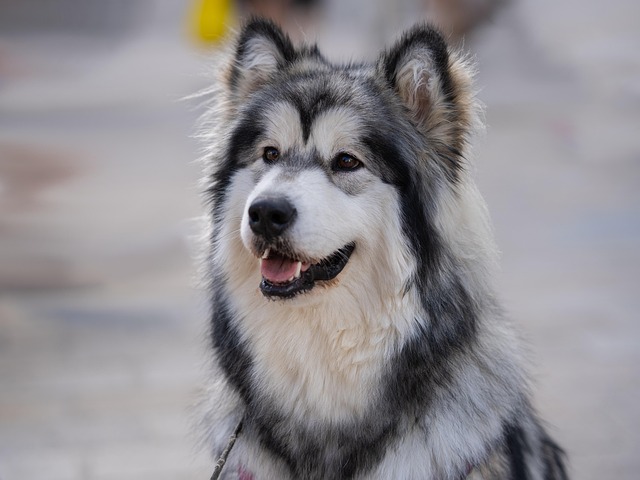
How can I tell if my dog's heatstroke is serious
Let’s be real: It’s a sticky August morning in Los Angeles, and you took your 2-year-old Golden Retriever, Max, for a walk a little later than usual
Many dog owners have stood in the bathroom, holding a toothbrush and tube of dog toothpaste, only to face a pup that bolts under the couch or clamps its jaws shut. This frustration isn’t just about keeping breath fresh—poor dental care leads to painful gum disease, which can affect a dog’s overall health over time. The key here isn’t to force the issue, but to build trust with small, positive steps that feel like play, not a chore.
Start by letting your dog sniff and lick the dog toothpaste first; choose a flavor they love, like peanut butter or chicken, so it feels like a treat. For a week, just rub the toothpaste on your finger and let them lick it off—no brush involved. This helps them associate the taste and your touch with something good, instead of feeling threatened. If they pull away, stop and try again later; rushing will only make them more anxious about the process.
Once they’re comfortable with the toothpaste, introduce a soft-bristled dog toothbrush. Hold it like you’re holding a pencil, and gently brush one or two teeth at a time, followed by a lick of toothpaste as a reward. Never use human toothpaste—it has ingredients that are toxic to dogs, and breaking this rule could land you in trouble with local animal welfare laws, which often require owners to avoid harmful products. Most areas in Europe and North America also mandate regular vet checkups, where dental health is part of the assessment.
 Pick a time when your dog is relaxed, like after a walk or a play session, instead of when they’re hyper or tired. A calm pup is more likely to let you work, and keeping the sessions short—just 30 seconds at first—prevents them from getting bored or frustrated. If they start to wiggle, praise them for letting you try, give a treat, and end it on a positive note. Consistency here is key; even three times a week is better than nothing.
Pick a time when your dog is relaxed, like after a walk or a play session, instead of when they’re hyper or tired. A calm pup is more likely to let you work, and keeping the sessions short—just 30 seconds at first—prevents them from getting bored or frustrated. If they start to wiggle, praise them for letting you try, give a treat, and end it on a positive note. Consistency here is key; even three times a week is better than nothing.
If your dog still resists, talk to your vet about alternative tools, like dental wipes or water additives that help reduce plaque. Some vets offer gentle dental training sessions too, which can be a big help for nervous pups. Remember, every dog is different—what works for a golden retriever might not work for a shy chihuahua. Patience isn’t just kind; it’s also part of being a responsible owner, as many local laws emphasize providing care that meets a dog’s individual needs.
Over time, your dog might even start looking forward to teeth-brushing time, especially when it’s paired with treats and praise. Keeping up with this routine doesn’t just keep their teeth healthy—it also strengthens the bond between you two. And by following local laws on safe dental products and regular checkups, you’re not just avoiding fines; you’re ensuring your pup lives a long, pain-free life. After all, a healthy dog is a happy dog, and that’s what every owner wants.

Let’s be real: It’s a sticky August morning in Los Angeles, and you took your 2-year-old Golden Retriever, Max, for a walk a little later than usual

You're enjoying a summer afternoon at the park when you notice your dog has stopped panting and appears disoriented - their gums are bright red

Let’s paint the picture: You’re in your Denver apartment, watching your 4-year-old Boston Terrier, Ruby, plop down mid-play session with her favorite toy

Many dog owners notice their pets nails seem shorter after regular walks,but how much does this daily activity actually help?The answer depends on where you walk—concrete sidewalks or asphalt streets gently file nails as a dog's paws hit the ground

Most dog owners notice their pup scooting across the carpet at some point, but few connect it to impacted anal glands. These small sacs near a dog’s rectum secrete a scent for marking territory

Most vets agree that regular dog teeth cleaning is key to avoiding painful dental issues later. For healthy adult dogs, a professional cleaning at the vet’s office every 12 to 18 months usually works well.